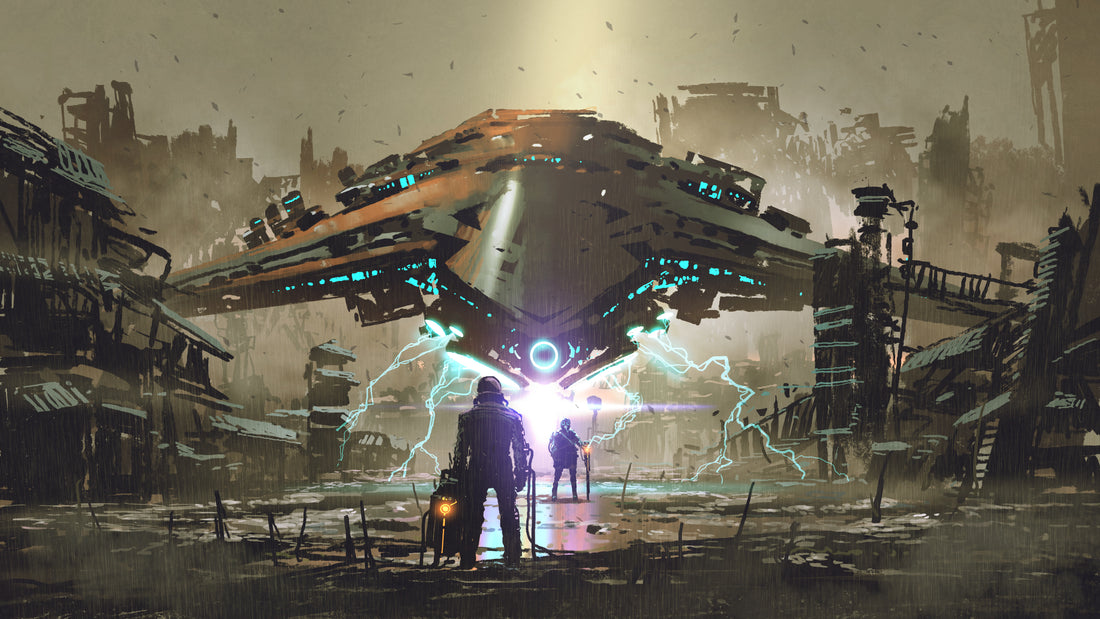
7 Science Fiction Subgenres You Can Write Your Next Story In
Share
Science fiction is a vast genre that encompasses a wide range of subgenres, each with distinct characteristics and themes. Here are some popular subgenres within science fiction:
-
Hard Science Fiction: Hard SF focuses on scientific accuracy and explores the potential impact of scientific advancements on society. It often delves into complex scientific concepts, such as physics, biology, or astronomy, and emphasizes technical details and realistic extrapolations. Examples include Arthur C. Clarke's "2001: A Space Odyssey" and Kim Stanley Robinson's "Red Mars."
-
Space Opera: Space opera features epic, grand-scale adventures set in space with a focus on interstellar travel, alien civilizations, and sprawling space empires. These stories often involve larger-than-life characters, intense action, and sweeping galactic conflicts. Examples include "Star Wars" (the original trilogy) and Iain M. Banks' "Culture" series.
-
Cyberpunk: Cyberpunk combines science fiction with elements of advanced technology, computer hacking, and dystopian societies. It often explores the relationship between humans, technology, and the consequences of a highly interconnected, corporate-controlled world. Examples include William Gibson's "Neuromancer" and Neal Stephenson's "Snow Crash."
-
Dystopian/Post-Apocalyptic: Dystopian and post-apocalyptic science fiction present bleak visions, oppressive futures, or worlds devastated by catastrophic events. These stories often explore social and political issues and the resilience of humanity in the face of adversity. Examples include George Orwell's "1984" and Margaret Atwood's "The Handmaid's Tale."
-
Military Science Fiction: Military SF focuses on warfare and military operations in a futuristic setting. These stories often involve interstellar conflicts, advanced weaponry, and soldiers battling against alien threats or oppressive regimes. Examples include Robert A. Heinlein's "Starship Troopers" and Orson Scott Card's "Ender's Game."
-
Alternate History: Alternate history imagines a different outcome or alteration of historical events and explores the consequences of those changes. It often combines science fiction elements with historical settings, creating worlds that diverge from our own. Examples include Philip K. Dick's "The Man in the High Castle" and Harry Turtledove's "The Guns of the South."
-
Time Travel: Time travel stories involve time manipulation, allowing characters to travel to the past or future. These narratives often explore the paradoxes, causality, and the implications of altering the timeline. Examples include H.G. Wells' "The Time Machine" and Connie Willis' "Doomsday Book."














These are just a few examples of the subgenres within science fiction. There are many more subgenres and crossover genres, such as biopunk, steampunk, and space westerns. Each subgenre offers a unique exploration of scientific ideas, social commentary, and imaginative worlds, catering to diverse reader preferences within the vast realm of science fiction.
